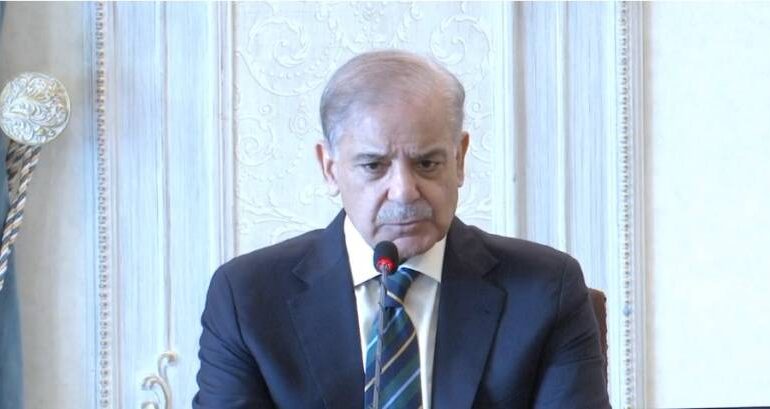
Sri Lanka Arrests Former Navy Chief Nishantha Ulugetenne in 2010 Abduction Case
Colombo — Sri Lankan authorities on Monday arrested former Navy Commander Admiral Nishantha Ulugetenne in connection with the abduction and disappearance of a 48-year-old man in 2010, officials confirmed. The arrest comes amid heightened scrutiny over military-linked human rights violations tied to the country’s decades-long civil conflict.
At the time of the alleged incident, Ulugetenne served as head of the Directorate of Naval Intelligence. According to an investigator, who spoke on condition of anonymity, the arrest was made following the recording of a formal statement from the admiral. The suspect was later remanded in custody until Wednesday.
Following his retirement from the navy in December 2022, Ulugetenne served as Sri Lanka’s ambassador to Cuba.
Wider Context of Military Abuse Investigations
Ulugetenne’s arrest follows ongoing investigations into former Navy Commander Wasantha Karannagoda, whose case has shed light on the abduction and extrajudicial killing of civilians during the final years of Sri Lanka’s 37-year Tamil separatist war.
Karannagoda was previously accused of abducting and murdering 11 men between 2008 and 2009 after extorting money from their families. Though the Sri Lankan government dropped charges against him in 2021, the incident drew widespread condemnation.
In March, the UK imposed sanctions on Karannagoda over alleged war-time human rights abuses, further intensifying international calls for accountability.
UN Scrutiny and Allegations of War Crimes
Successive United Nations Human Rights Council (UNHRC) sessions have highlighted the need for independent investigations into wartime atrocities, including enforced disappearances and extrajudicial executions.
Court records from 2019 revealed that the 11 abducted victims were held in illegal custody by the Sri Lankan Navy, though their bodies have never been recovered. Investigators estimate that the actual number of victims could be at least three times higher than officially reported.
Significantly, police confirmed that these victims had no known links to Tamil separatist groups and were allegedly targeted for ransom based on their families’ wealth.
Background: Civil War and Human Rights Violations
Sri Lanka’s civil war ended in 2009, but its final stages were marked by what rights groups call serious human rights abuses. A UN panel has estimated that up to 40,000 civilians may have been killed during the closing months of the conflict.
Military officials have long faced allegations of conducting extrajudicial killings, enforced disappearances, and torture. However, accountability has remained elusive, with many high-ranking officials protected by political and legal immunity.
The arrest of Admiral Ulugetenne could signal renewed efforts by Sri Lankan authorities to address war-time impunity, though rights advocates remain cautious given the country’s checkered record on justice and transparency.






